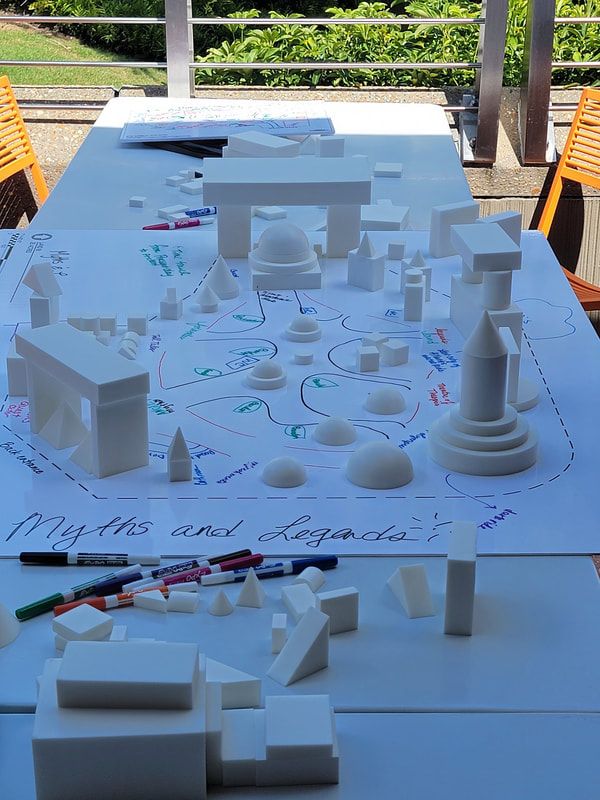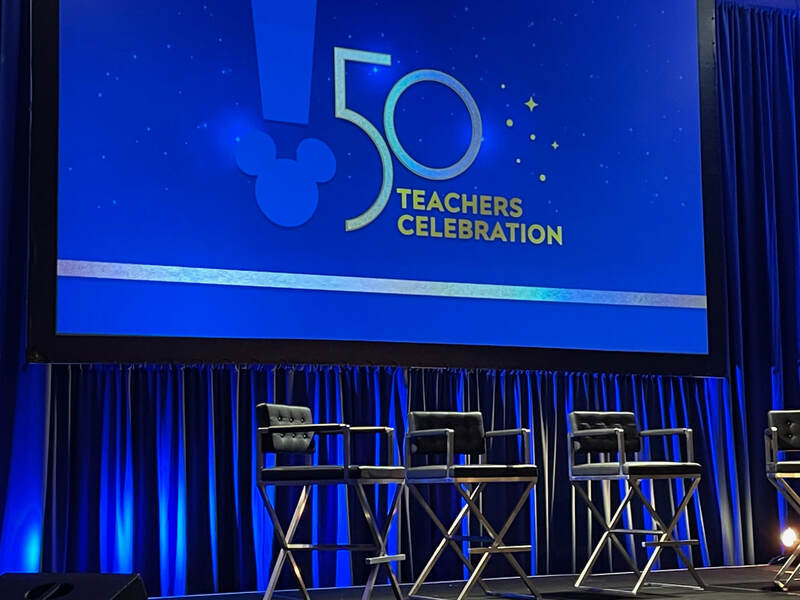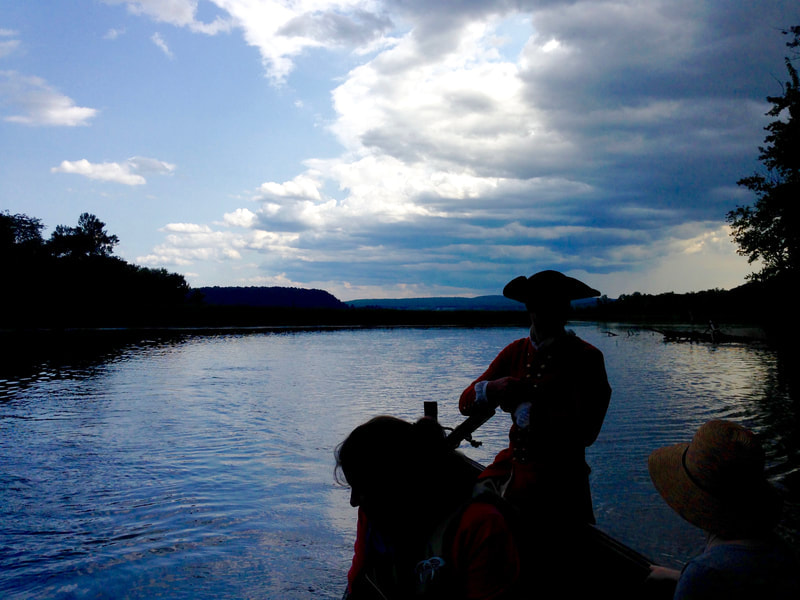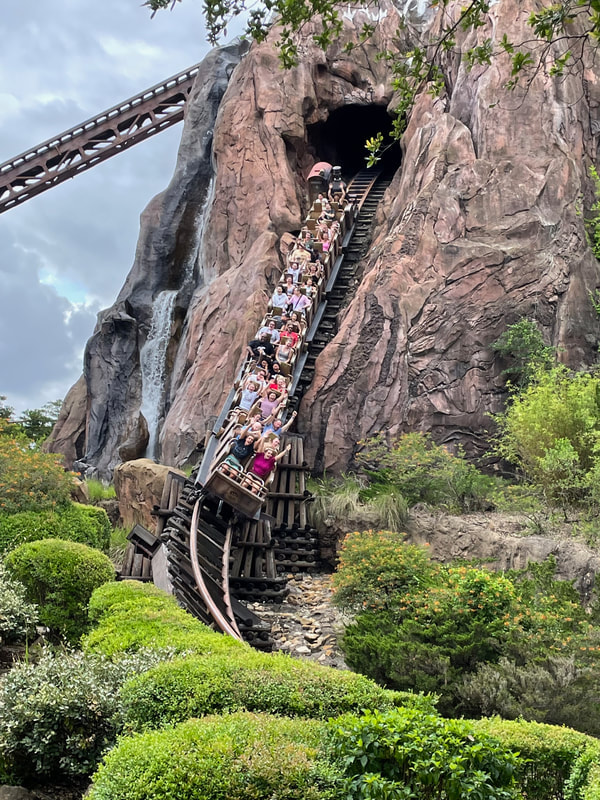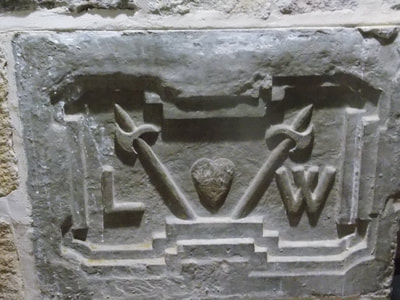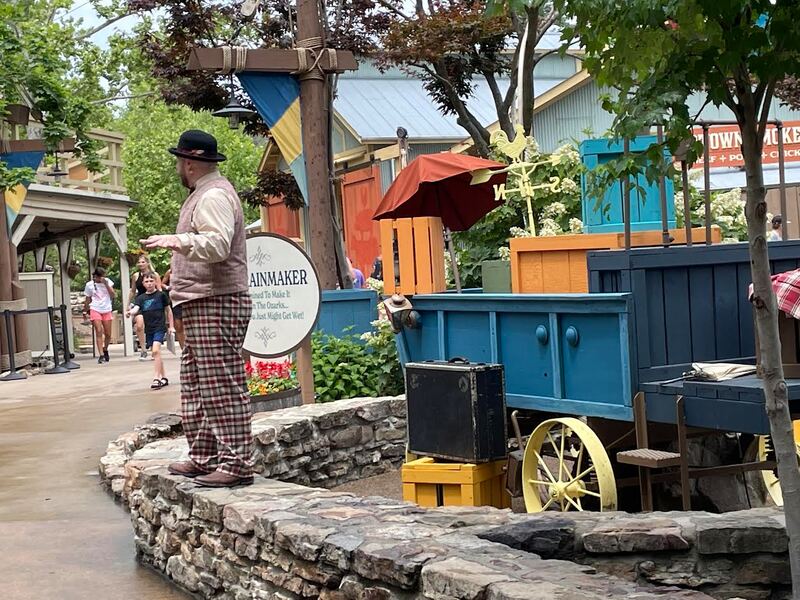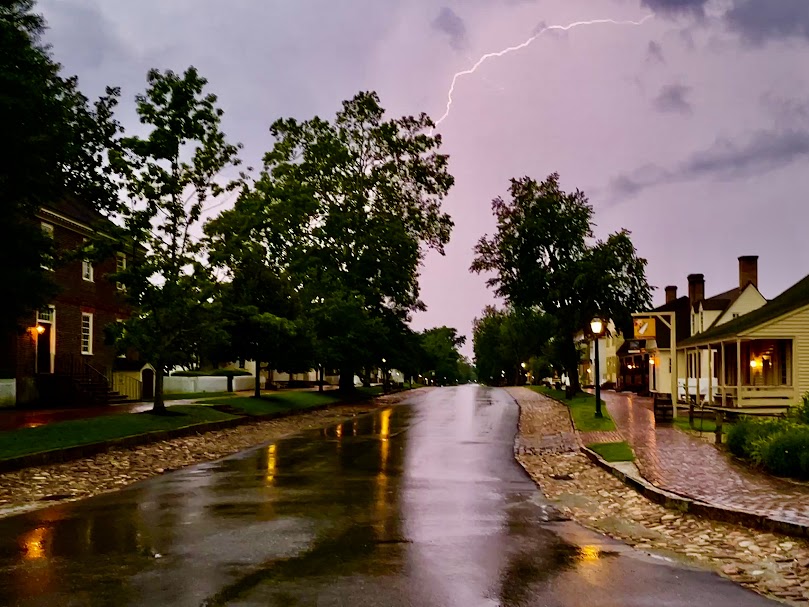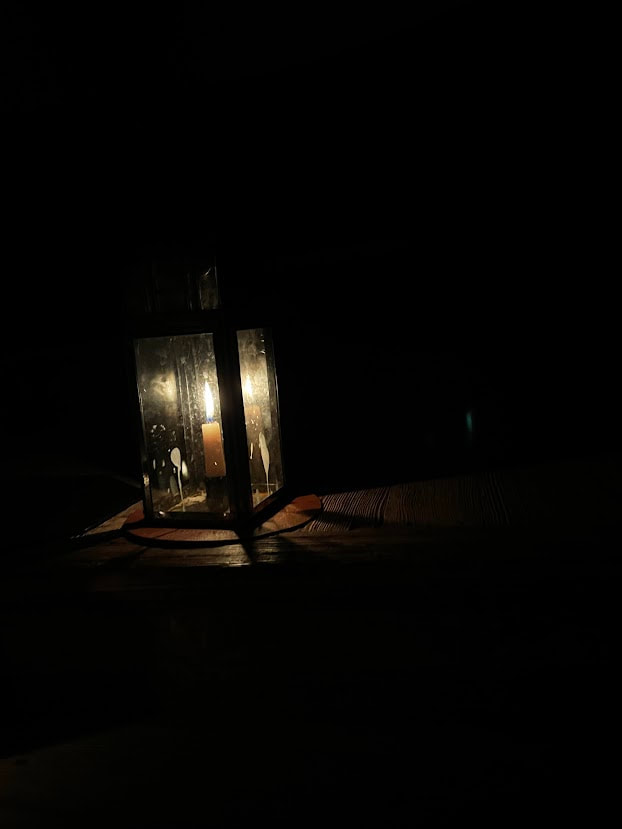Welcome to Revolutionary Exploration and Discovery
HIGHLIGHTS FROM THE MENU ABOVE
|
Homeroom
News and Notes New Content Added Often |
The Hoggatteer Revolution is all about merging ideas, blending concepts, synthesizing the world. This is where family meets history, history meets travel, travel meets creativity, creativity meets innovation, and all of it meets education. It is a place where Disney contacts Jamestowne. It's where theme parks connect with atmosphere. It is the location of archaeology and technology, past and future. Sit back and explore my eclectic site. You'll find Christian values, educational insight, a love of country, and beautiful architecture, landscapes, and people.
I take 34 years of professional educational experience and put it to good use with writing, studying, and entertaining - providing teachers with ideas, students with inspiration, and parents with confidence. I mentor new teachers and college students. I teach purposeful Bible lessons. I collaborate with historians and Pulitzer Prize recipients. Connecting it all, I write unique, creative curricula and presentations to engage local and national audiences of all ages. Marching to the beat of a different drummer, I am ready to confront this planet with classic style and love.
I take 34 years of professional educational experience and put it to good use with writing, studying, and entertaining - providing teachers with ideas, students with inspiration, and parents with confidence. I mentor new teachers and college students. I teach purposeful Bible lessons. I collaborate with historians and Pulitzer Prize recipients. Connecting it all, I write unique, creative curricula and presentations to engage local and national audiences of all ages. Marching to the beat of a different drummer, I am ready to confront this planet with classic style and love.

